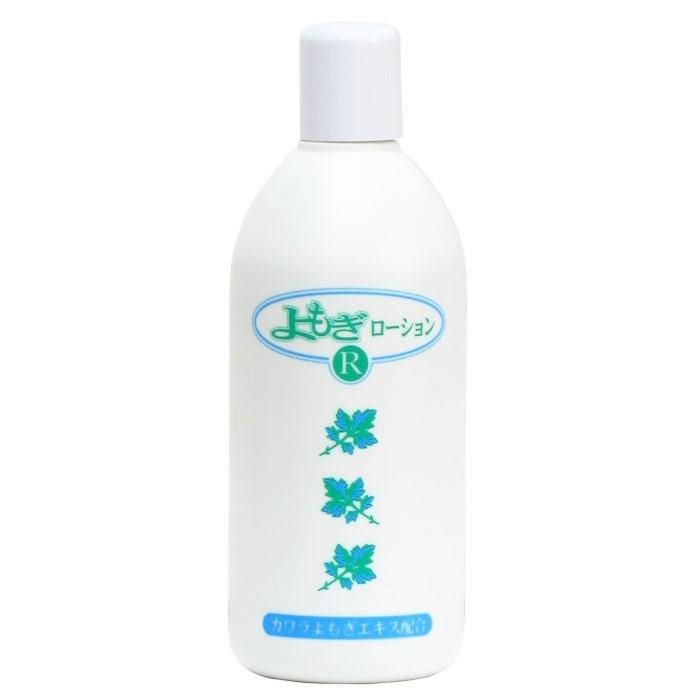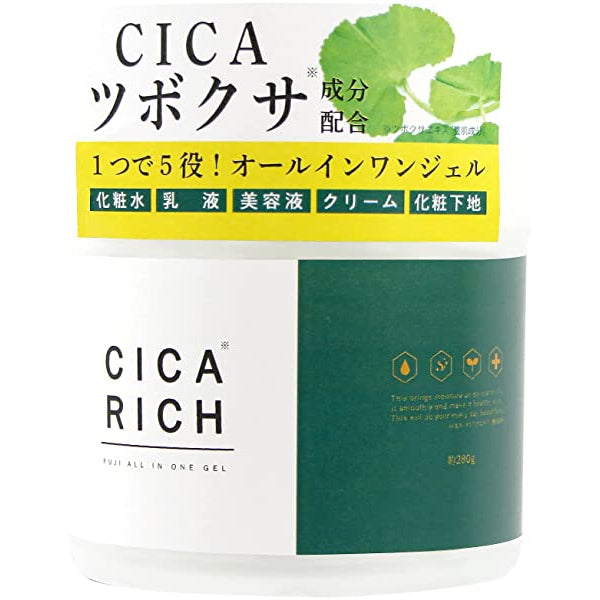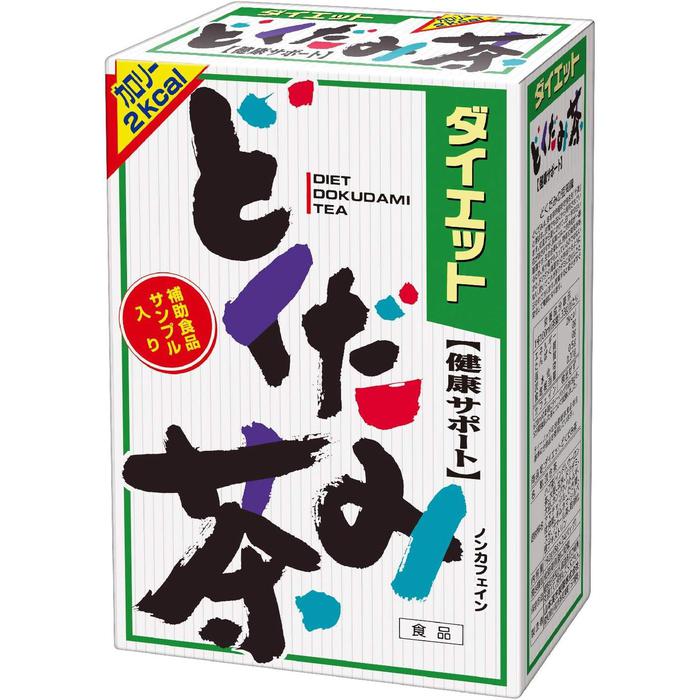Skincare for Acne-Prone Skin
The Power of Japanese Herbs and Natural Ingredients

Why it’s important
Acne-prone skin requires a careful and consistent skincare routine to maintain a healthy complexion. While many people turn to harsh chemicals to combat breakouts, nature offers a gentler, effective solution. In Japan, skincare has long been influenced by natural herbs and plants known for their healing properties. Some of the most popular Japanese herbs used in skincare include Yomogi (Japanese mugwort), Cica (Centella Asiatica), and Dokudami. These ingredients have been utilized for centuries in traditional Japanese medicine to promote healing, calm inflammation, and support healthy skin.
In this blog, we’ll explore how these herbs and natural ingredients work to soothe and heal acne-prone skin, and how you can incorporate them into your daily routine for clearer, healthier skin.

The Healing Power of Yomogi (Japanese Mugwort)
Yomogi, also known as Japanese mugwort, is a popular herb used in Japanese skincare. It has been used for centuries in traditional medicine for its many benefits, particularly for its ability to calm and heal the skin. Yomogi is rich in antioxidants, flavonoids, and vitamins, which help to soothe irritated skin, reduce inflammation, and balance oil production.
The herb’s natural antimicrobial properties make it ideal for acne-prone skin, as it helps prevent the growth of acne-causing bacteria while reducing redness and swelling. Yomogi is also known for its ability to promote cell regeneration, which helps to fade acne scars over time, leading to smoother and clearer skin.
Many Japanese skincare products designed for acne-prone skin include yomogi extract due to its soothing and healing benefits. Incorporating yomogi-based products such as toners, cleansers, or masks can significantly improve skin health by targeting inflammation and promoting skin healing.
Cica, The Skin Soother
Cica, also known as Centella Asiatica or Gotu Kola, is another potent ingredient found in many Japanese skincare products for acne-prone skin. Cica is famous for its healing properties and is widely used to reduce inflammation, stimulate collagen production, and repair damaged skin. Its ability to accelerate wound healing makes it particularly effective for treating acne scars and breakouts.
In addition to its healing properties, cica is also a powerful antioxidant, which helps protect the skin from environmental stressors like pollution and UV damage, which can worsen acne. Cica is also known for its ability to strengthen the skin’s barrier, keeping it hydrated and protected, while soothing any irritation caused by acne or other skin conditions.
Products containing cica, such as serums and creams, can be used daily to calm the skin, reduce the appearance of acne scars, and prevent future breakouts. Cica is gentle on the skin and is suitable for all skin types, including sensitive skin, making it an excellent option for anyone dealing with acne.


Dokudami, Natural Acne Treatment
Dokudami (Houttuynia cordata) is a plant gaining popularity in Japanese skincare, particularly for treating acne-prone skin. Also known as "fish mint" due to the distinctive scent of its leaves, Dokudami has strong anti-inflammatory and antibacterial properties, making it effective in treating acne and other skin issues.
Dokudami is valued for its ability to cleanse the skin and reduce inflammation. It contains natural flavonoids and antioxidants, which effectively fight the bacteria that cause acne, as well as reduce redness and swelling associated with breakouts. Additionally, Dokudami has detoxifying properties, helping to remove toxins and impurities that can contribute to clogged pores and new breakouts.
Thanks to its detoxifying and anti-inflammatory benefits, Dokudami is particularly effective in preventing new breakouts and aiding in the healing of existing ones. Moreover, the plant is also known for its moisturizing properties, which help keep the skin properly hydrated — essential for acne treatment, as many acne products can cause skin dryness.
Other Effective Japanese Herbs for
Acne Treatment
Aside from Yomogi, Cica, and Dokudami, several other herbs and natural ingredients are
commonly used in Japanese skincare to treat acne

Known for its antioxidant and anti-inflammatory properties, green tea helps to soothe irritated skin, reduce acne-causing bacteria, and promote skin healing.

Rich in vitamin C and antioxidants, cherry blossom extract is known to brighten the skin and fade dark spots left by acne.

A powerful antioxidant that helps to balance oil production and calm acne-prone skin, matcha is often used in Japanese skincare products for its antibacterial and anti-inflammatory benefits.
Incorporating Japanese Herbs Into Your
Skincare Routine

Use Yomogi-Based Cleansers and Toners
Start your routine with a gentle yomogi-based cleanser to remove impurities and excess oil while calming the skin. Follow up with a yomogi toner to further soothe and hydrate.

Apply Cica-Infused Serums or Creams
After toning, use a cica serum or cream to help reduce inflammation, heal acne scars, and strengthen your skin’s barrier.

Treat with Dokudami
Dokudami is often used in masks, serums, tea and toners that help combat acne, improving the overall condition and appearance of the skin.
WABI SABI STORE

Japanese herbs like Yomogi, Cica, and Dokudami offer a natural, effective way to treat acne-prone skin without the harsh chemicals often found in Western acne treatments. By embracing the power of these traditional ingredients, you can create a skincare routine that heals, hydrates, and protects your skin, while promoting a healthy, clear complexion. With the right products, your skin can look and feel its best, free from acne and irritation.









